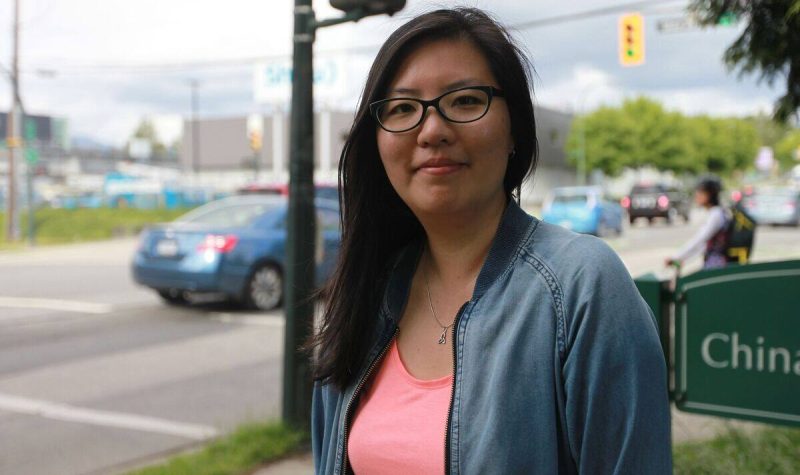By David P. Ball
---
For Vancouver nonprofit founder Trixie Ling, she never expected that she would become the target of a hate crime, part of a 717 per cent spike in police-reported hate crimes last year.
Ling also never expected that the distressing incident on Vancouver's Great Northern Way — she said the first such violent attack in her life — would spark a journey of becoming the co-creator and co-host of an antiracism podcast, Re-Setting the Table.
Over the past year, skyrocketing attacks on racialized people in Vancouver and across the continent have Ling more determined than ever to fight for social justice, to boost solidarity between racialized communities, and centre the voices of women of colour.
"It's just really painful to watch the real hate, violence and disrespect," she told The Pulse on CFRO. "We need to be able to speak out and to talk about it, and we can't minimize what's happening.
"When we don't talk about it, it feeds into this 'model minority' myth, where we're told to not rock the boat, to be model citizens, to not speak out. There's clearly injustice happening right now … and we need to do this work in solidarity, it's not just anti-Asian racism, but also anti-Black racism and anti-Indigenous racism. We can't be pitted against each other."
Ling is also the founder of Flavours of Hope, a nonprofit for newcomer women to build community through sharing and making food. This month, for International Women's Day, the organization launched a new program for women to launch their own social enterprise food businesses and access farm markets.
Ling joined The Pulse of CFRO to reflect on the past year's lessons and learnings, the latest guest in our special series every Thursday reflecting on one pandemic year. Asked about the greatest lesson of the year, she said it's about who's stories and voices get heard in society, and who tells those stories.
"From my own personal experience … the power is really in centring BIPOC women, and doing that in solidarity, " Ling said. "For me, that has been the biggest sign that this is what transformation looks like — to work together collectively in community. That work is continual."


